Senior Staff
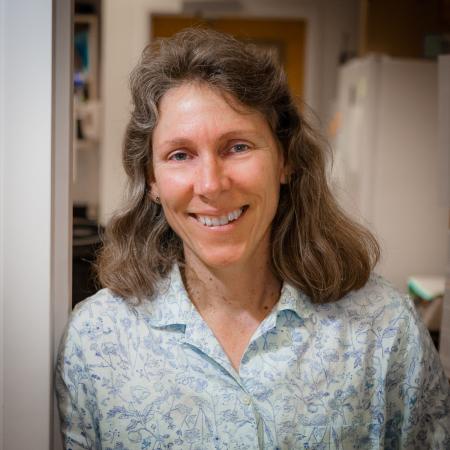
Kathleen A. McDonough, PhD [1]
Director, Division of Infectious Disease
We study gene regulation in the context of bacterial pathogenesis, with a focus on two pathogens: Mycobacterium tuberculosis, the bacterium that causes TB, and Yersinia pestis, the etiologic agent of bubonic and pneumonic plague.
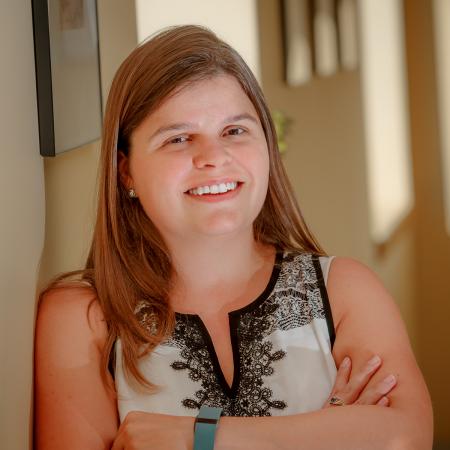
Lisa Mingle, PhD [2]
Bacteriology Laboratory
In the Bacteriology Laboratory, Dr. Mingle performs diagnostic reference testing, using both molecular and classical methods, for the detection of various pathogenic bacteria in New York State.
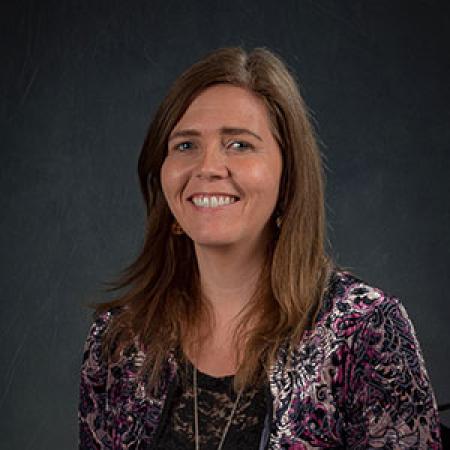
Kara Mitchell, PhD [3]
Bacteriology Laboratory
The laboratory uses applied research to investigate the latest technological advances and maintain the capabilities necessary to identify and characterize unusual bacterial pathogens and emerging infectious diseases. The laboratory develops new molecular assays for public health purposes.
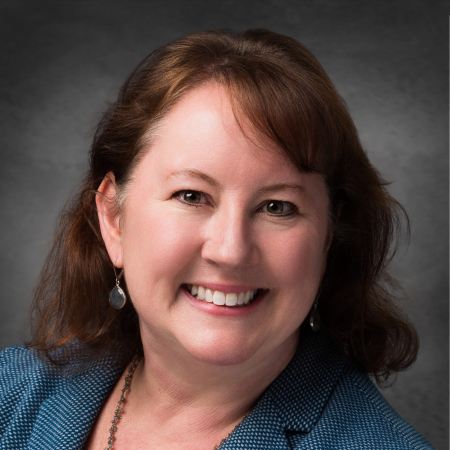
Kimberlee A. Musser, PhD [4]
Clinical Director, Wadsworth Center David Axelrod Institute
We develop molecular diagnostic assays and reference testing for the detection and characterization of pathogenic bacteria and mycobacteria and to predict antibiotic resistance using real-time PCR and whole genome sequencing.
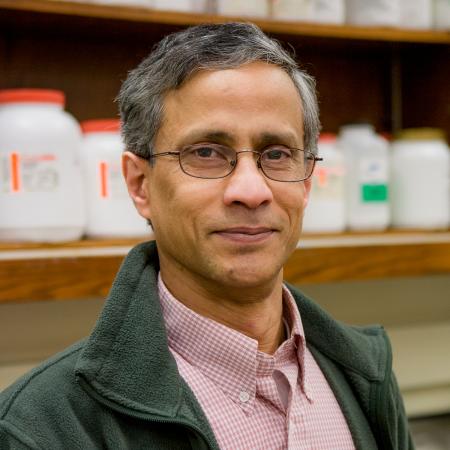
Dilip Nag, PhD [5]
Arbovirus Laboratory
We study mosquito-borne arboviruses, focusing on vertical transmission and persistent arboviral infections in mosquitoes. We are also interested in determining the role of RNA-RNA recombination in virus evolution.
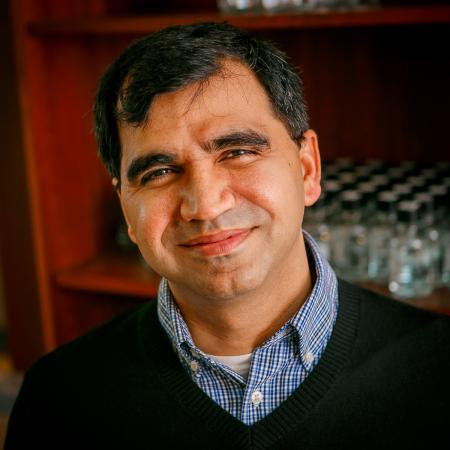
Anil K. Ojha, PhD [6]
Mycobacterial Persistence and Pathogenesis
We investigate the influence of biofilm growth on the mechanisms of pathogenesis, persistence and drug tolerance in mycobacterial pathogens, with particular emphasis on Mycobacterium tuberculosis.
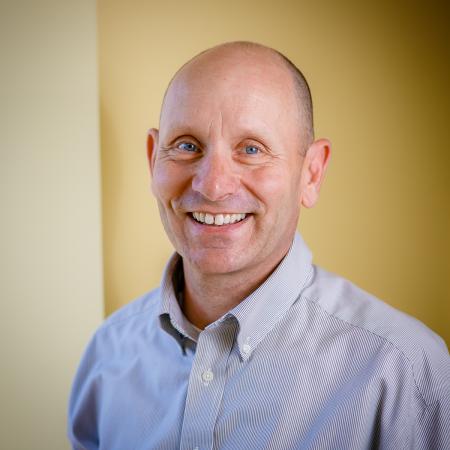
Joseph Orsini, PhD [7]
Deputy Director, Newborn Screening Program
We focus on simplifying and automating published low-volume newborn screening tests in order to transform them into high-volume assays.
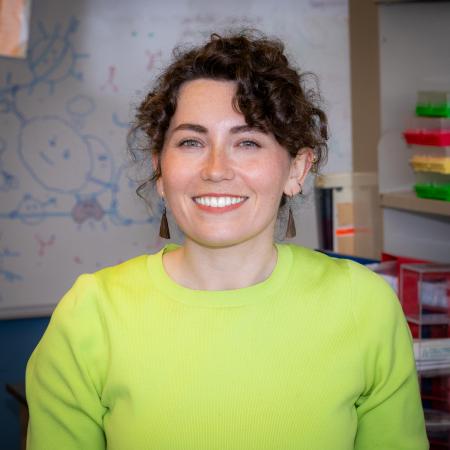
Siân Owen, PhD [8]
Bacteriophages & Mobile Genetic Elements
My research explores the molecular biology of bacterial viruses (bacteriophages) and other mobile genetic parasites with a focus on how they shape the ecology and evolution of bacteria.
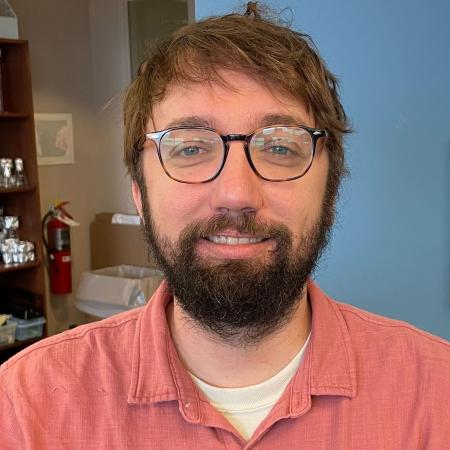
Jon Paczkowski, PhD [9]
Microbial Signal Transduction and Cell-cell Communication
We seek to understand bacterial communication by investigating how bacteria interpret autoinducers and elicit appropriate gene expression, and, more globally, to understand how all organisms decode environmental stimuli.
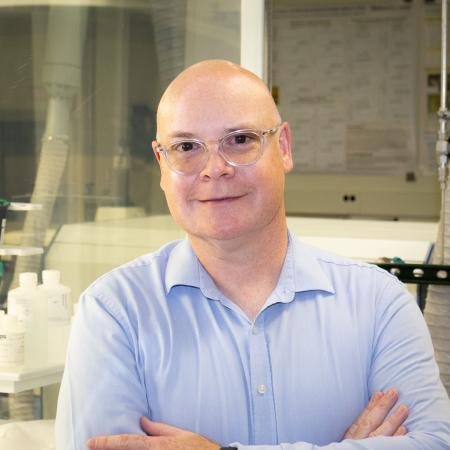
Christopher D. Palmer, PhD [10]
Deputy Director, Clinical Trace Elements Laboratory
We develop and maintain robust ICP-MS methodologies to support both human biomonitoring studies and emergency preparedness.
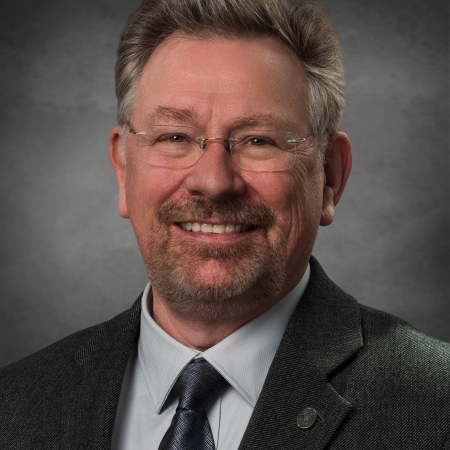
Patrick J. Parsons, PhD [11]
Director, Division of Environmental Health Sciences
We study human exposure to toxic metals/metalloids (biomonitoring) and long-lived nuclides (radiobioassay); and develop novel speciation methods by coupling LC and GC to ICP-MS, while using portable XRF for field-based studies.
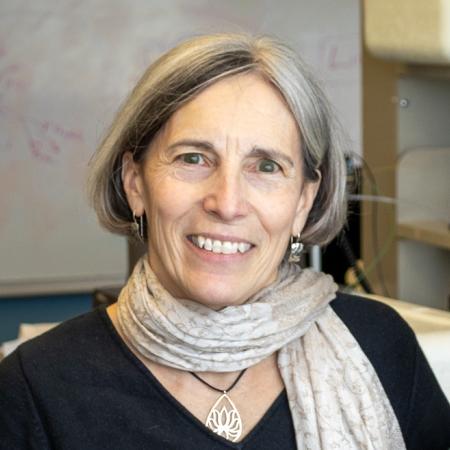
Janice D. Pata, PhD [12]
Polymerases, Mutations, and the Evolution of Antimicrobial Drug Resistance
We study the molecular mechanisms by which multiple DNA polymerases replicate bacterial genomes completely, with high accuracy and tolerance for DNA damage, yet also create mutations that give rise to antibiotic resistance.
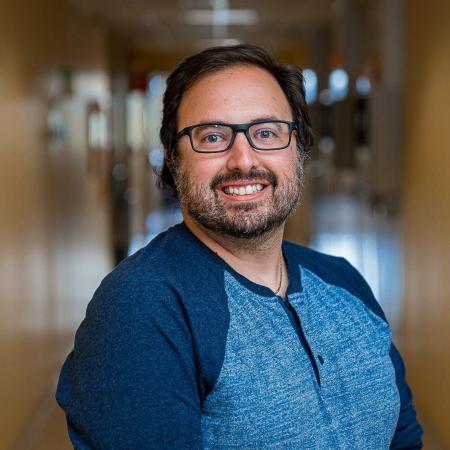
Michael J. Perry, DrPH, MSEd, MS [13]
Director, Biodefense Laboratory
The Biodefense Laboratory develops, validates, and applies new technology in the field of applied diagnostics and is actively involved in training first responders and clinical laboratorians.
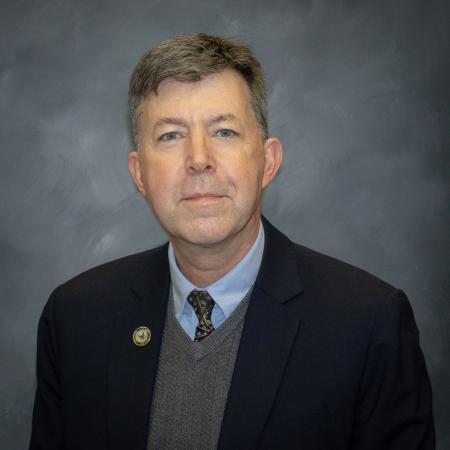
Leonard F. Peruski, PhD, MSc [14]
Director, Wadsworth Center
Dr. Peruski led international laboratory operations for the Centers for Disease Control and Prevention and spent 17 years stationed overseas developing sustainable laboratory capacity and guiding laboratory-centric public health research in more than 70 countries.
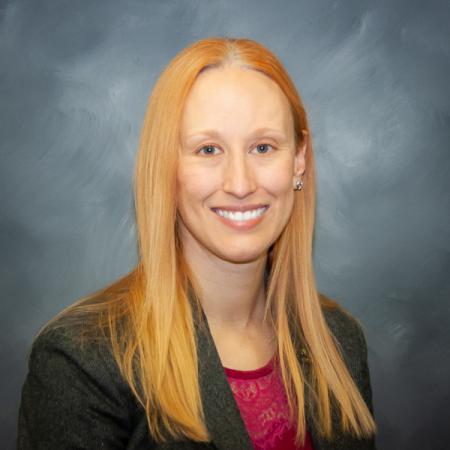
Melissa Prusinski [15]
Ecology of Ticks, Affiliation: Bureau of Communicable Disease Control, Division of Epidemiology, New York State Department of Health
The Prusinski Lab primarily studies the ecology and epidemiology of tick-borne diseases, utilizing a combination of field and laboratory-based research methods to explore the dynamics of vector ecology and conduct tick-borne pathogen surveillance.
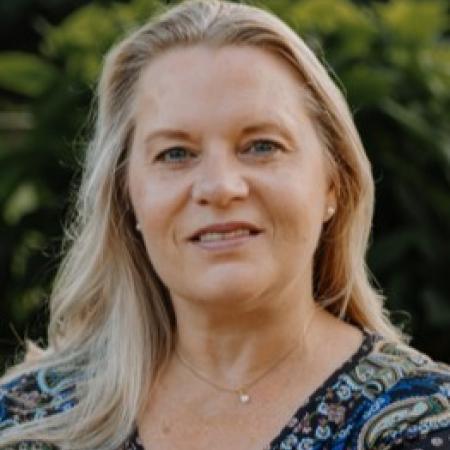
Beverly Rauch, MS [16]
Director, Clinical Laboratory Evaluation Program
Annually, CLEP issues permits to approximately 1,200 clinical laboratories, 900 patient service centers and registers approximately 12,000 limited service laboratores.
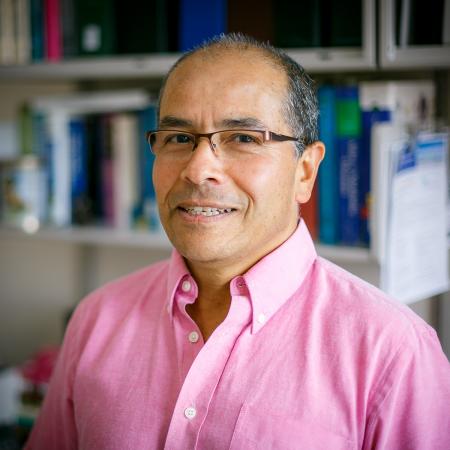
Carlos A. Saavedra-Matiz, MD [17]
Newborn Screening Program
We are interested in the identification of molecular markers as predictors of disease in newborns. We also focus on clinical testing, development and implementation of molecular screening methods.
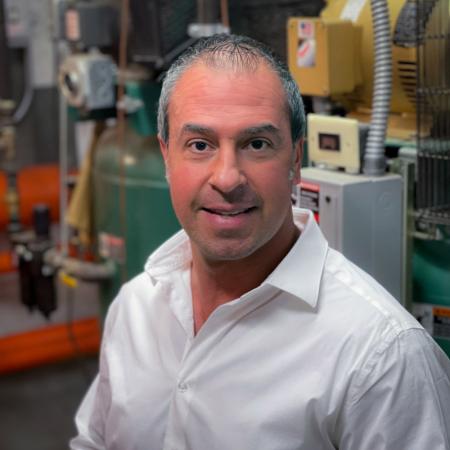
Anthony Saouma [18]
Deputy Director, Division of Laboratory Operations
The Division of Laboratory Operations oversees the Wadsworth Center's operations at five facilities in the Albany area, totaling ~900,000 square feet of space and over 210 acres of real estate.
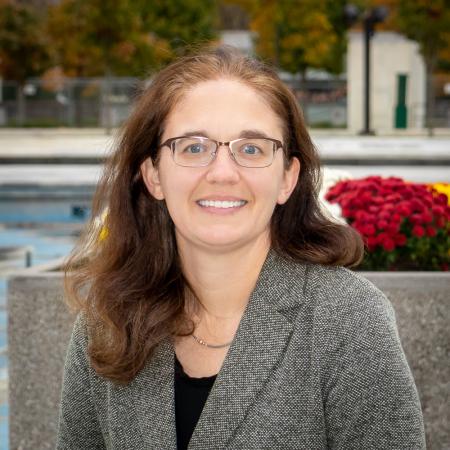
Karolina AH Schabses, MPH [19]
Associate Director of Information Technology
Karolina Schabses provides overall vision, leadership and strategic planning in the direction, development and implementation of information technology.
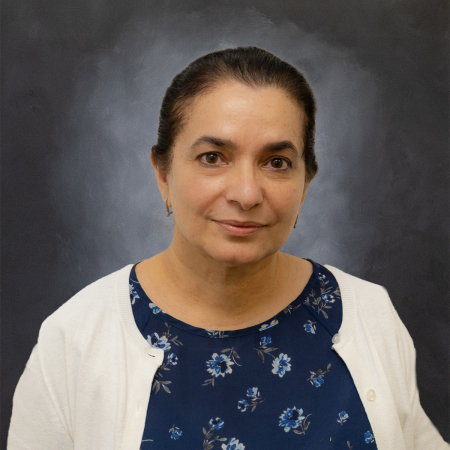
Navjot (Vimi) Singh, PhD [20]
Deputy Director, Division of Scientific Cores
We develop and apply cutting-edge NGS methodologies—spanning short-read, long-read, and RNA sequencing—to enhance biomedical research, pathogen detection, antimicrobial resistance, and public health surveillance.

